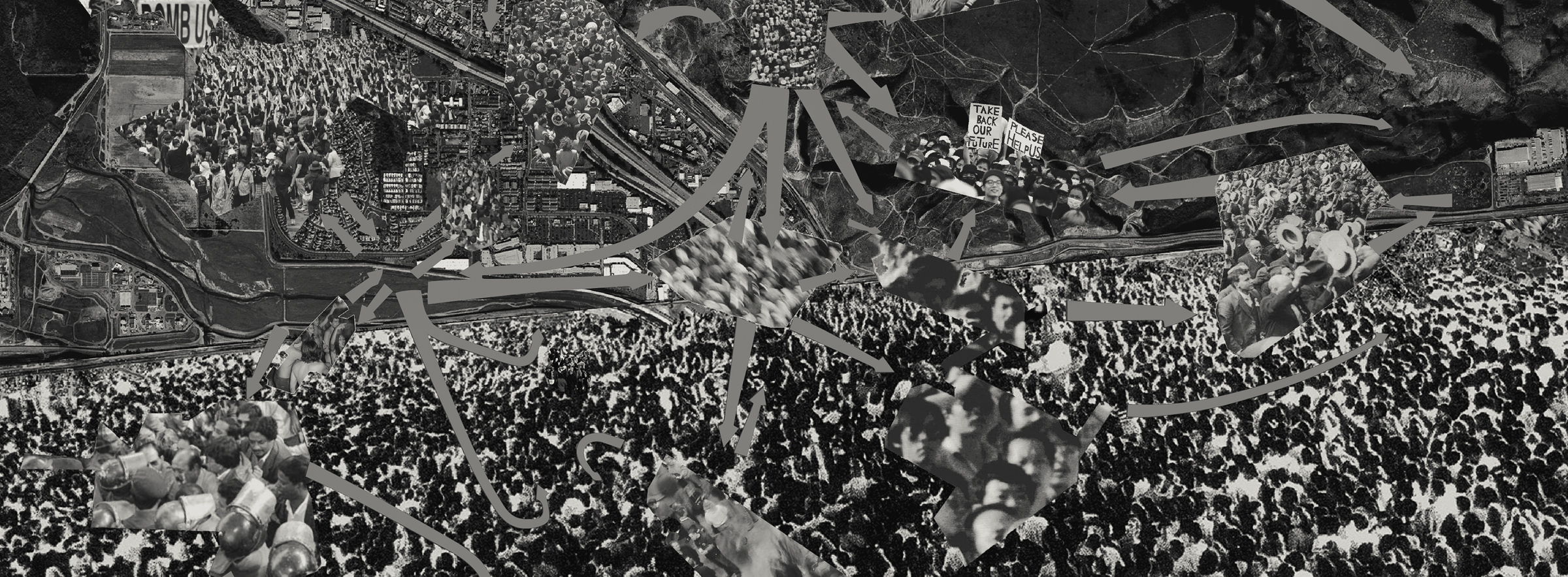For us global is less a place “out there”, and more a way of thinking about and engaging the world’s greatest challenges, which always happen somewhere, and impact diverse people and communities in particular ways
The Center on Global Justice is led by urbanist/architect Teddy Cruz and political theorist Fonna Forman. Our work blurs theory and practice, and merges the fields of architecture and urbanism, political theory and urban policy, visual arts and public culture. Our creative output takes many shapes: critical research, urban and architectural design, cultural exhibition and performance, urban pedagogy, consultancy at various institutional scales, cross-border civic engagement and spatial intervention in the city, including social housing, public space, green infrastructure and environmental conservancy.
Our work is “embedded” in the binational metropolis of San Diego, California and Tijuana, BC, Mexico. We engage this region as a global laboratory for investigating the central challenges of urbanization today: deepening social and economic inequality, dramatic migratory shifts, the thickening of border walls everywhere, urban informality, the disproportionate impacts of climate change on vulnerable populations, and the decline of public thinking. Ultimately we see the border region is a zone of rich urban and political creativity, that challenges dominant public narratives that criminalize and marginalize immigrant communities. We have been amplifying border communities as sites of urban and political experimentation, intensely active urban agents who challenge the dominant models of growth that have excluded them.
Our work is inspired by the bottom-up ingenuity and resilience of communities navigating conditions of scarcity in sites of struggle. We engage informal environments not as sites of charity, or as sites of institutional alienation, neglect and exploitation—which of course they are—but as laboratories for reimagining the city. While we condemn the economic forces that marginalize people into slums, we believe that the most compelling examples of inclusive urbanization are emerging from within these peripheral sites of scarcity. The revelation for us is that the future of the city will not be led by buildings but by a fundamental re-organization of social and economic relations.
Geographic Scales
The following links present the territorial scaffold of our practice, a nested ecology that descends in geographic scales from the global border to the neighborhoods that flank the US-Mexico border at San Diego–Tijuana.
